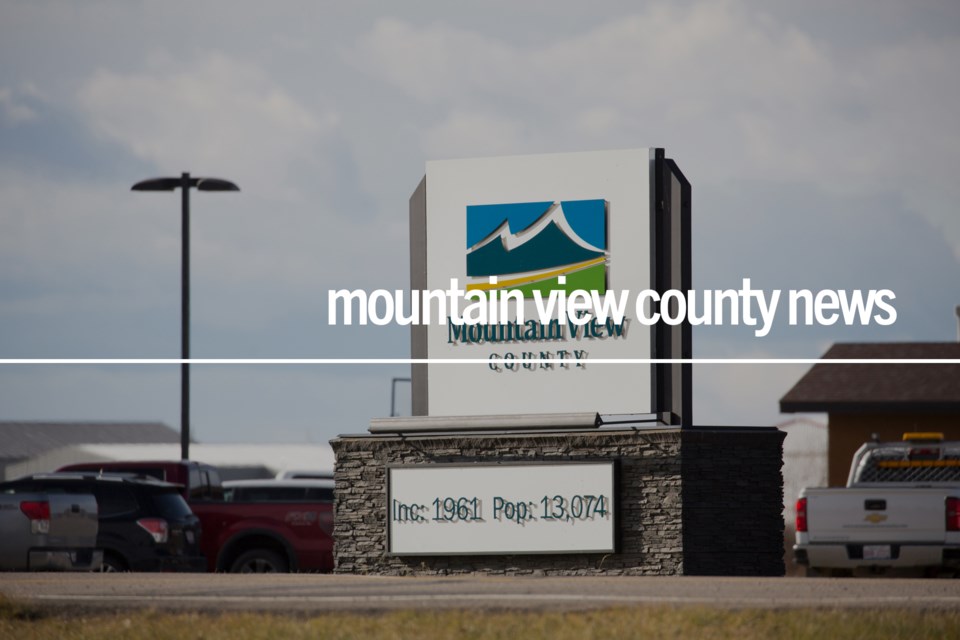MOUNTAIN VIEW COUNTY - County council has approved a new policy for the use of body cameras by the municipality’s community peace officers.
The move came by way of motion at the Sept. 29 council meeting, held in person and online.
In the 2021 budget, councillors approved the purchase of three body cameras, at $1,500 each, for the county’s three peace officers.
“The intent is to maximize officer safety, provide for enhanced evidence gathering and to provide additional information in the event of a complaint on a peace officer,” Jeff Holmes, the county's chief administrative officer, said in a briefing note to council.
“As the cameras have now been received, it is administration’s position that further policy and procedure be developed to document the scenarios in which the cameras, and other recording devices already in use, shall be used and the procedures to be followed in the event of use to ensure efficiency while still maximizing public privacy.”
Policy #3010 - Officer Use of Recording Device establishes guidelines for the use of recording devices for community peace officers and bylaw enforcement/compliance officers employed by Mountain View County.
The policy outlines three principles, including that the county will “establish guidelines to ensure that when recording devices have been chosen to be used, they are used within set criteria with information collected managed appropriately. Guidelines will balance the privacy rights of individuals with the anticipated benefits of using audio and video recording devices for law enforcement purposes.”
Information collected must be protected in accordance with the Freedom of Information and Protection of Privacy Act.
The policy’s related procedure 3010 - 01 sets out six general guidelines for when an officer should activate recording:
• When arriving at the scene of a serious or critical incident if the camera is not already activated.
• When coming upon an incident, or potential incident, during the course of a patrol.
• When a decision is made to conduct a traffic stop.
• Immediately when responding to a call for assistance from another county employee, officer or member of the RCMP.
• During an initially non-investigative incident if circumstances suggest that the incident may become investigative or the subject of a complaint.
• During the collection of witness statement.
The policy also outlines when recording should be deactivated, including when a specific investigative incident or charge is completed, when a specific call or other incident initially though to be investigative is determined not to be, when the subject is taken into the RCMP detachment, or when legal privilege is involved.



